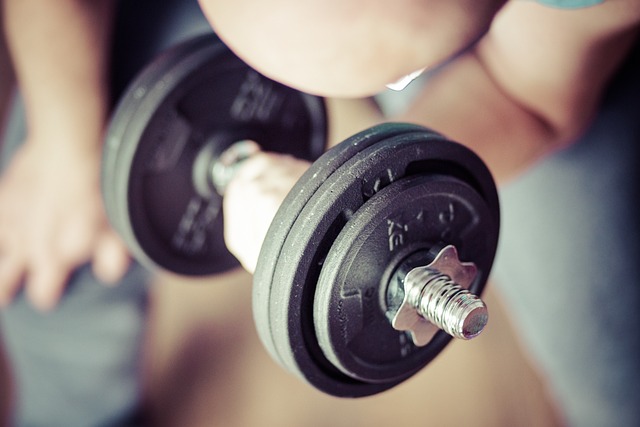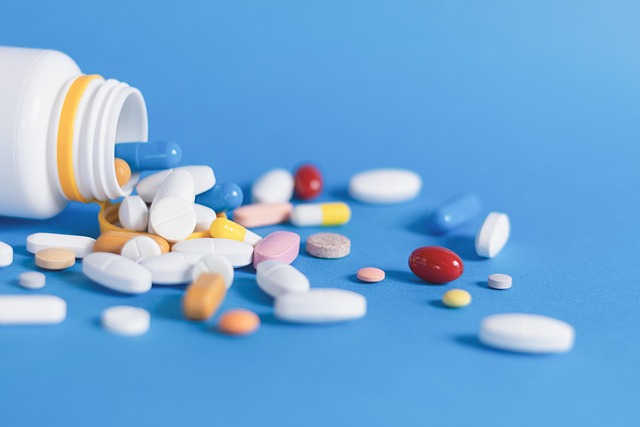
Physical Functioning
Understanding Physical Functioning
Physical functioning encompasses the ability to perform basic and instrumental activities of daily living, which are essential for maintaining independence and quality of life. This concept is not merely a reflection of one’s physical capabilities but is intricately linked to various health outcomes. The significance of physical functioning extends beyond the mere execution of tasks; it embodies the essence of well-being and vitality.
The Role of Exercise in Enhancing Physical Function
Engaging in regular exercise is a cornerstone for improving physical function. Aerobic exercise, for instance, is instrumental in building endurance, allowing individuals to engage in everyday activities without succumbing to fatigue. This type of exercise enhances cardiovascular health, which is vital for sustaining energy levels throughout the day.
In addition to aerobic activities, resistance training plays a crucial role in developing muscle mass and strength. This form of exercise is particularly beneficial for individuals of all ages, including those with functional limitations such as pain, limited range of motion, or muscle weakness. Strength training can be adapted to meet individual needs, ensuring that everyone has the opportunity to enhance their physical capabilities.
Factors Influencing Physical Function
While exercise is a fundamental component of physical functioning, it is essential to recognize that various factors influence an individual’s ability to function physically. Environmental factors, such as accessibility to safe exercise spaces and supportive community resources, can significantly impact one’s capacity to engage in physical activities. Additionally, behavioral strategies that compensate for reduced performance capacity are often overlooked in assessments of physical functioning.
Understanding these multifaceted influences is crucial for developing comprehensive strategies that promote physical health. For instance, individuals facing challenges due to environmental barriers may benefit from tailored exercise programs that consider their unique circumstances.
Health Outcomes Associated with Physical Functioning
The relationship between physical functioning and health outcomes is profound. Research indicates that individuals with higher levels of physical function tend to experience better overall health, reduced risk of chronic diseases, and enhanced mental well-being. This correlation underscores the importance of prioritizing physical activity as a means to foster a healthier lifestyle.
Moreover, improved physical function can lead to increased social engagement and participation in community activities, further enriching one’s quality of life. The psychological benefits of maintaining physical activity are equally significant, as they contribute to a sense of accomplishment and self-efficacy.
Strategies for Improving Physical Function
To enhance physical functioning, individuals are encouraged to adopt a holistic approach that incorporates various forms of exercise and lifestyle modifications. Here are some effective strategies:
- Incorporate Aerobic Exercise: Aim for at least 150 minutes of moderate-intensity aerobic activity each week. Activities such as walking, swimming, or cycling can significantly improve endurance.
- Engage in Strength Training: Include resistance exercises at least two days a week to build muscle strength. This can be achieved through bodyweight exercises, resistance bands, or weightlifting.
- Focus on Flexibility: Incorporate stretching exercises to enhance flexibility and range of motion, which are essential for overall physical function.
- Prioritize Balance Training: Activities such as yoga or tai chi can improve balance and coordination, reducing the risk of falls and injuries.
- Seek Professional Guidance: For individuals with specific health concerns, consulting with healthcare professionals or certified trainers can provide personalized exercise plans that accommodate individual needs.
Conclusion
Physical functioning is a vital aspect of health that influences overall well-being and quality of life. By understanding the importance of exercise and the various factors that contribute to physical capabilities, individuals can take proactive steps toward enhancing their physical function. Embracing a lifestyle that prioritizes regular physical activity not only fosters better health outcomes but also nurtures a sense of empowerment and resilience.

















 Background Checks.org
Background Checks.org 
 Health
Health  Fitness
Fitness  Lifestyle
Lifestyle  Tech
Tech  Travel
Travel  Food
Food  Education
Education  Parenting
Parenting  Career & Work
Career & Work  Hobbies
Hobbies  Wellness
Wellness  Beauty
Beauty  Cars
Cars  Art
Art  Science
Science  Culture
Culture  Books
Books  Music
Music  Movies
Movies  Gaming
Gaming  Sports
Sports  Nature
Nature  Home & Garden
Home & Garden  Business & Finance
Business & Finance  Relationships
Relationships  Pets
Pets  Shopping
Shopping  Mindset & Inspiration
Mindset & Inspiration  Environment
Environment  Gadgets
Gadgets  Politics
Politics 